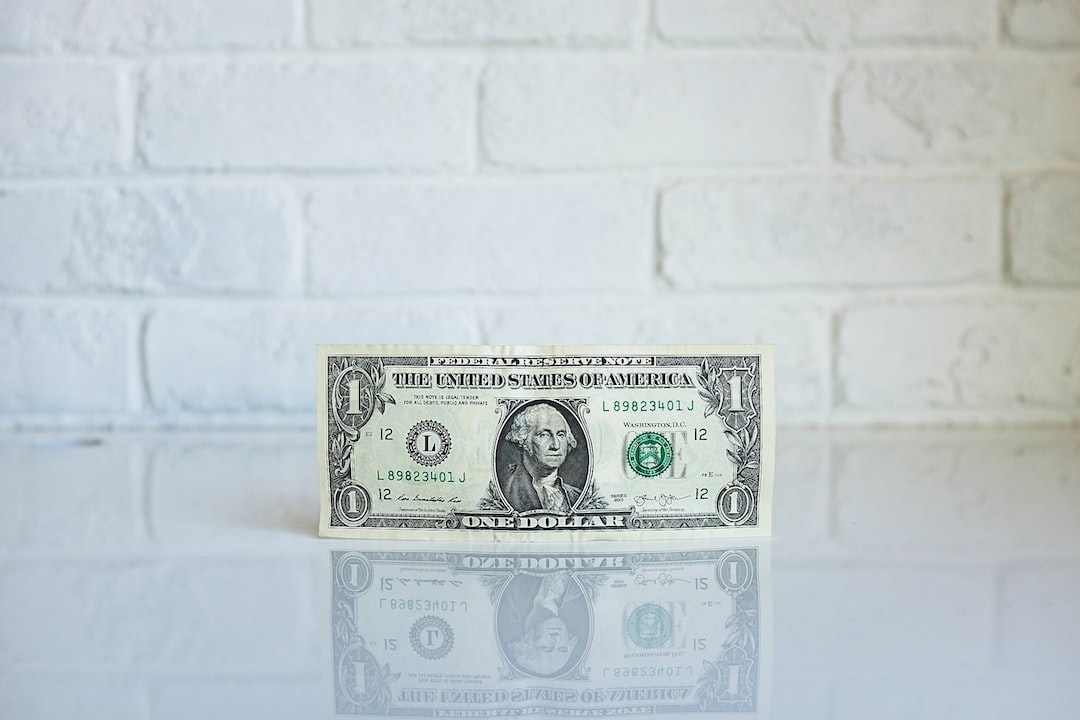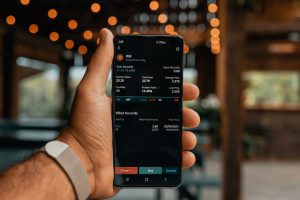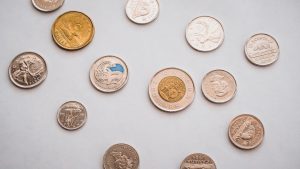The foreign exchange market (Forex) operates 24 hours a day, five days a week, and is divided into four trading sessions. The Asian session is the first to open, and it is considered the most active session due to the high volume of trades executed during this time. In this article, we’ll discuss when the Asian session starts, what currencies are most traded during this session, and what factors influence its volatility.
When does the Asian session start?
The Asian session begins at 6:00 pm EST on Sunday and ends at 4:00 am EST on Monday. It is the first trading session to open after the weekend, and it is followed by the European, North American, and Pacific sessions. The Asian session covers financial centers in Tokyo, Hong Kong, Singapore, and Sydney, among others.
What currencies are most traded during the Asian session?
The Asian session is characterized by the high volume of trades executed on the Japanese yen (JPY), Australian dollar (AUD), and New Zealand dollar (NZD). These currencies are known as commodity currencies and are heavily influenced by global commodity prices, particularly oil and gold. The JPY is also considered a safe-haven currency, and its value tends to rise during times of economic uncertainty.
Other currencies that are commonly traded during the Asian session include the Chinese yuan (CNY), the South Korean won (KRW), and the Singapore dollar (SGD). These currencies are heavily influenced by economic developments in their respective countries and are subject to political and regulatory risks.
What factors influence the volatility of the Asian session?
Several factors can influence the volatility of the Asian session, including:
1. Economic data releases: Economic data releases, such as GDP, inflation, and employment reports, can have a significant impact on currency prices. Traders monitor these releases closely and adjust their positions accordingly.
2. Central bank policy: The monetary policies of central banks, such as the Bank of Japan and the Reserve Bank of Australia, can also influence currency prices. Traders pay close attention to interest rate decisions, monetary policy statements, and other announcements from central banks.
3. Commodity prices: As mentioned earlier, commodity prices can have a significant impact on commodity currencies such as the AUD and NZD. Traders watch the prices of oil, gold, and other commodities closely and adjust their positions accordingly.
4. Geopolitical events: The Asian session is also subject to geopolitical risks, such as tensions between the US and North Korea or political unrest in Hong Kong. These events can cause sudden shifts in currency prices and increase market volatility.
Conclusion
In conclusion, the Asian session is the first trading session to open in the Forex market and is characterized by high trading volumes on commodity currencies such as the JPY, AUD, and NZD. The session begins at 6:00 pm EST on Sunday and ends at 4:00 am EST on Monday, covering financial centers in Tokyo, Singapore, Hong Kong, and Sydney. Traders monitor economic data releases, central bank policy, commodity prices, and geopolitical events to adjust their positions and take advantage of market volatility.





